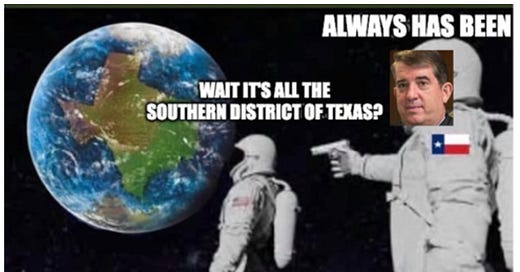Back in January, we wrote about embattled retailer Party City Holdco Inc. ($PRTY) which, along with thirteen affiliates (the “debtors” or “PCHI”) filed chapter 11 bankruptcy cases in the Southern District of Texas (Judge Jones). You can find our first day coverage here and our pre-filing coverage here and here.
Our previous coverage focused on the debtors’ operational challenges, which, together with the now-familiar blend of pandemic-era retail disruptions, led them towards what seemed to be an almost inevitable bankruptcy filing.
We’re now several months into the cases, and the crux of the story has shifted. Let’s quickly harken back to a comment made on these very pages by Wachtell Lipton Rosen & Katz’s Josh Feltman in a very popular Notice of Appearance segment:
He said:
We talked earlier about liability management, which by and large refers to out-of-court transactions. The flip-side of the coin is so-called “exclusive opportunism,” whereby creditors of a given class have differential access to valuable funding opportunities, typically because they are part of, or excluded from, a group that controls some required vote. The paradigm case was Peabody Coal, which is a real tough decision for minority holders. I expect significant disputes and caselaw development in this area, including relative to backstop fees, payment of fees in equity at a discount to plan value, and holdbacks.
“Exclusive opportunism” appears to be the key to the debtors’ cases at this point. Let’s dig in ⬇️.




